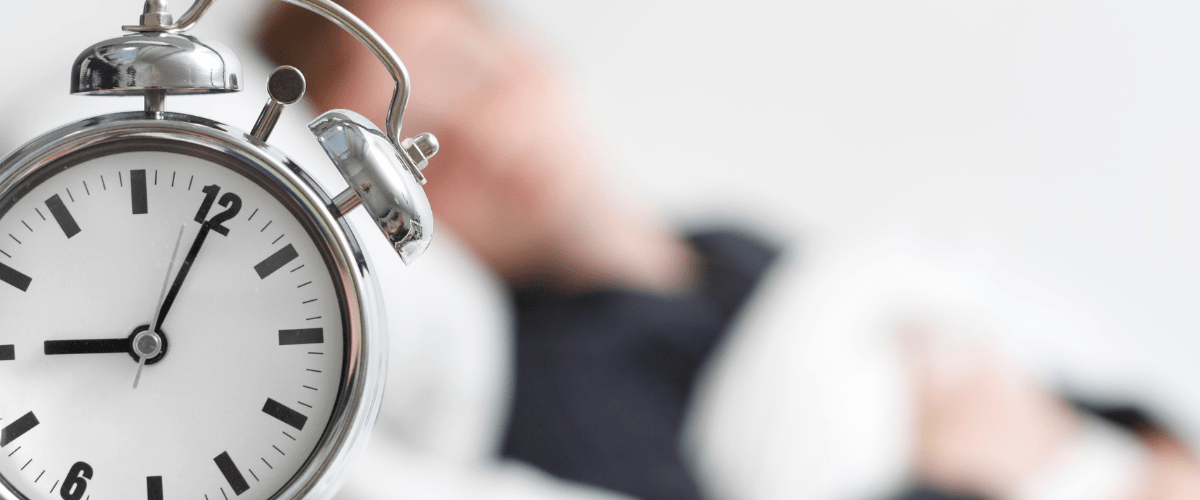How Our Diet Affects Our Sleep: The Surprising Connection
Most of us have experienced the feeling of lying in bed, tossing and turning, unable to fall asleep. But did you know that what you eat can have a significant impact on the quality and quantity of your sleep? In this blog post, we’ll explore the surprising connection between our diet and sleep, and provide tips on how to optimize your diet for better sleep.
The Basics: How Sleep Works
Before we dive into the specifics of how our diet affects our sleep, let’s briefly review how sleep works. Sleep is a complex process that involves several stages, each with its unique characteristics and functions. These stages include light sleep, deep sleep, and REM (Rapid Eye Movement) sleep. During sleep, our bodies repair and regenerate tissues, consolidate memories, and regulate various bodily functions such as hormone production and metabolism.
The Role of Diet in Sleep
So, how does our diet affect our sleep? The answer lies in the various nutrients and compounds found in the foods we eat, which can either promote or hinder sleep. Here are some ways that diet can impact sleep:
- Macronutrients: Macronutrients, such as carbohydrates, protein, and fat, play a vital role in sleep. Carbohydrates increase serotonin production, which is a neurotransmitter that helps regulate sleep. Protein contains tryptophan, an amino acid that can increase serotonin production and promote relaxation. Fat can help slow down digestion, which can help us feel fuller and prevent waking up hungry during the night.
- Caffeine: Caffeine, a stimulant found in coffee, tea, and other beverages, can disrupt sleep by inhibiting adenosine, a neurotransmitter that promotes sleepiness. Consuming caffeine late in the day can make it difficult to fall asleep or stay asleep.
- Alcohol: Although alcohol can make us feel relaxed and sleepy, it can disrupt sleep by suppressing REM sleep, causing more frequent awakenings during the night, and contributing to snoring and sleep apnea.
- Timing: The timing of meals and snacks can also impact sleep. Eating a large meal or consuming high-carbohydrate or high-fat foods late in the evening can cause indigestion and discomfort, making it harder to fall asleep. On the other hand, eating a small snack that contains tryptophan and carbohydrates can promote sleep.
Tips for Optimizing Your Diet for Sleep
Now that we know how our diet affects sleep, here are some tips for optimizing your diet for better sleep:
- Avoid caffeine late in the day: To prevent caffeine from interfering with sleep, avoid consuming caffeine-containing beverages or foods, such as coffee, tea, soda, and chocolate, in the late afternoon and evening.
- Limit alcohol consumption: While it’s okay to enjoy a drink or two, especially earlier in the evening, avoid drinking alcohol close to bedtime to prevent disruptions in sleep.
- Choose sleep-promoting foods: Foods that contain tryptophan, carbohydrates, and magnesium can promote relaxation and help us fall asleep faster. Examples include warm milk, bananas, oatmeal, and almonds.
- Time your meals and snacks: Try to eat your main meals earlier in the day and avoid eating large meals or high-fat or high-carbohydrate foods late in the evening. Instead, opt for a small snack that contains sleep-promoting nutrients.
- Stay hydrated: Drinking enough water throughout the day can help prevent dehydration, which can contribute to sleep disturbances. However, avoid drinking too much water close to bedtime, as this can lead to frequent trips to the bathroom during the night.
How Our Diet Affects Our Sleep – Conclusion
Diet and sleep quality are closely connected, and making simple changes to your diet can have a significant impact on your ability to sleep well. By incorporating foods that promote sleep like carbohydrates, protein, and magnesium, and avoiding high-fat, spicy, and stimulating foods, you can improve your sleep quality and wake up feeling more refreshed. Remember to also pay attention to the timing of your meals, and aim for a light snack at least an hour before bedtime to promote relaxation. By taking these steps, you can enjoy better sleep and better overall health.
For more useful tips and suggestions on how to tackle your diet read our post Food as a source of energy – visit our FB page, Happy Pages, Pinterest, and Instagram accounts. You can also visit our sister blog Pet Image Shop to find some delicious, healthy recipes and print-on-demand products.
If you like How Our Diet Affects Our Sleep post, please share it with others who would enjoy it too.
Disclaimer
The information included on this site is for educational purposes only. It is not intended nor implied to be a substitute for professional medical advice. Contact your healthcare provider when you have health-related issues. Never delay or disregard medical advice because of information obtained on this site.
Affiliate Links Disclaimer
I only recommend products I would use myself and all opinions expressed here are my own. Many posts contain affiliate links that at no additional cost to you, may earn me a small commission.
Image by Ramiro Calace Montu from Pixabay



